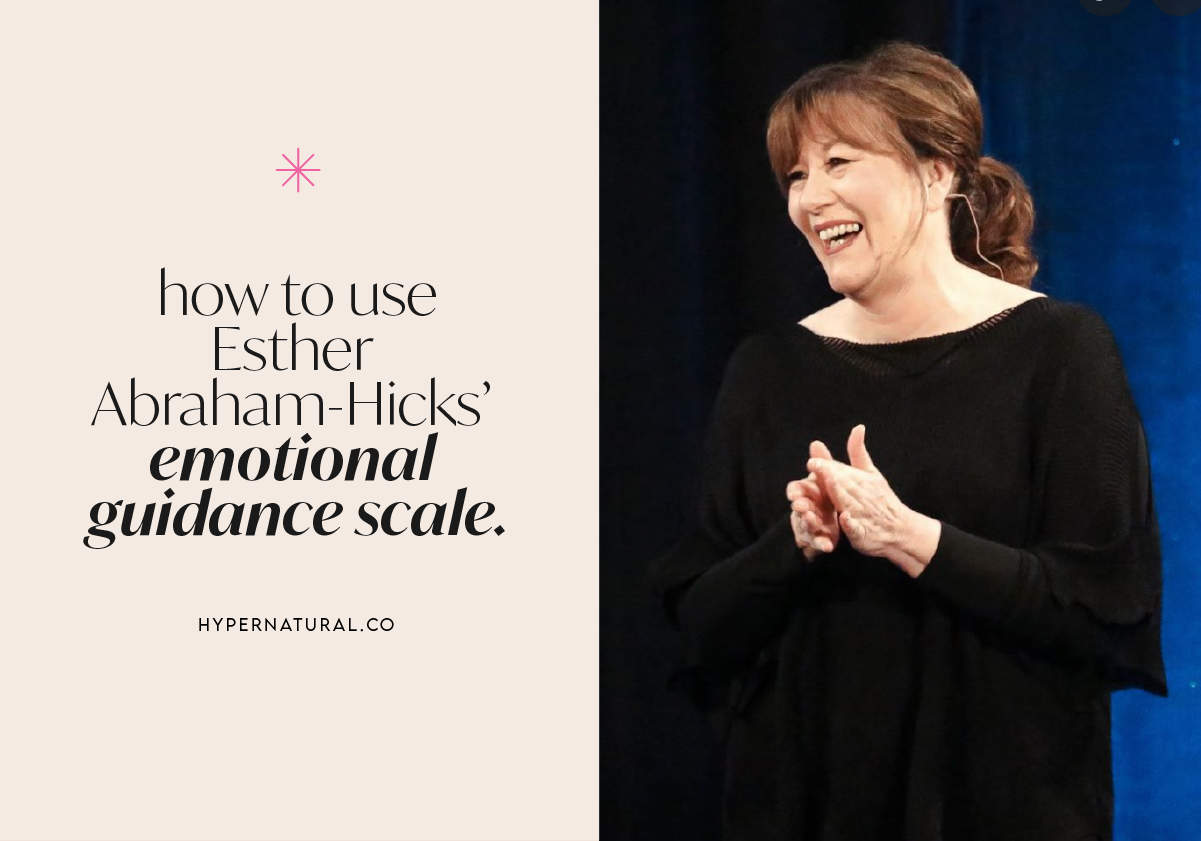Looking to get out of debt?
Debt is a heavy burden. It weighs you down, is toxic, and takes a tremendous toll on your cortisol levels and vitality.
One day you’re buoyant, jovial, and spend freely.
Then you go out to happy hour with friends, show up to every birthday, wedding, or going away party, buy presents, buy rounds of drinks, and buy new outfits for the event. Some expenses are even justifiable, like donating to a friend’s charity or buying classes to further your career. The list goes on.
You look at the credit card bill next month and see the damage from last month’s spending. You’re in denial and tell yourself it’s okay. You pay a little more than the minimum that month and procrastinate paying off your bill.
Then you go about your life and continue to justify every purchase, and before you know it, your credit card debt is in the teens – $14,000. It’s a mountain, and now you are burdened with figuring out how to climb out of your mess.
Does this sound familiar?
I have been in debt numerous times. I’ve paid off debt only to find myself in debt again. Much like yo-yo dieting, there is something called yo-yo debting.
But why?
It must be because I wasn’t smart, failed to use logic, or sucked at managing money.
And so it seems…..
On the surface, it seems like a lack of responsibility, but there is something much deeper going on.
If you have been in debt more than once, have moments of shame, and notice that your life is consumed by a cyclical debt theme, then you might be dealing with financial self-sabotage.
You might want to consider a holistic approach to get to the core of your problems and heal your financial situation.
Below are 8 tips to get out of debt.

Get Out of Debt Tip #1: The Advice We Give Others But Forget to Tell Ourselves
We are always busy with our goals, school, children, families, careers, hobbies, etc. Sometimes we forget to do one thing — slow down.
I know this sounds crazy simple — but sometimes the best advice is only a reminder — and sometimes the best advice is simple.
I know people always say, “Don’t spend more than you earn.” This is true, but maybe there is a different way to look at it: you spend faster than your earning rate.
So, the real solution is to slow down, not stop spending altogether.
Spread out your spending, delay gratification, and think through purchases using logic and reasoning instead of using your emotions.
Actionable Tip:
- Keep spending as usual for now.
- When you go shopping, become mindful of your thoughts.
- Pay attention to when you pick up an item and before you buy an item, and start taking mental notes of your shopping process.
Get Out of Debt Tip #2: Play Sherlock Holmes and Be a Detective
Detectives are curious people. They gather clues, analyze data, observe situations, and call people out on their bluffs. These skills enable them to form conclusions to crack their cases.
You have to operate as a detective in the beginning.
You have probably heard of the term “limiting beliefs” floating around. Our behavior is based on our belief system. And some of us have a destructive relationship with money.
Write these two sentences down and fill in the blank:
- Money is ___________.
- Money means____________to me.
What naturally comes up?
Limiting beliefs are subconscious. Most of the time, we are not aware of it until we slow down by observing and asking ourselves questions. Read You Are a Badass at Making Money by Jen Sincero (audible). She goes deep into money and our relationship with it.
Other Examples of Limiting Beliefs:
- Rich people are evil.
- Be careful what you wish for.
- Something terrible always comes with something good.
- Making money is hard.
- It’s not easy to save money.
Gather as much information about yourself as possible:
- What makes you tick?
- What are your spending triggers?
- What makes you splurge?
- When and how do you spend?
- What are you spending on?
Observe yourself and turn on your investigative mind.
Example: I had a tough day at work, so I decided to stop by Zara’s. My boss yelled at me all day and was unhappy with my work. I didn’t know how to please her and left work feeling like a loser. I got to Zara; yay, they are having a sale! I went on a shopping spree!
Conclusion: I spend money emotionally, especially when I feel like I don’t measure up.
Get Out of Debt Tip #3: Take Your Financial Temperature

In this tip, you want to zoom out and look at your whole life, calculate the totality of your life’s earnings and your credit score, and calculate your current net worth.
In Your Life or Your Money (audible), a classic financial self-help book by Vicki Robin and Joe Dominguez, they dedicate Step 1 to this process. They encourage you to calculate all of your earnings from the first time you earned income. Calculate everything, even the money you made as a child selling lemonade.
In this tip, you want to get the hard-cold facts: your credit score, total lifetime earnings, and net worth. Where do you stand?
Actionable Tips:
- Check your credit score: If you don’t already keep track of your credit score, sign up for Credit Karma. Here, you can link your financial accounts and look at your credit score anytime.
- Calculate Your lifetime earnings: Dig out all copies of your income tax returns, get a calculator, and start adding. Social Security often sends you a document with your yearly earnings for all previous years. You can calculate your lifetime earnings by using this document.
- Calculate your net worth: I recommend making a personal net worth statement. If you don’t want to make one, sign up for a free one below! I recommend keeping track of using Excel and an app simultaneously. I use Personal Capital, and I can’t recommend it more.
Get Out of Debt Tip #4: Become a Gardener
Now that you have been investigating your behavior and paying closer attention to your thoughts, let’s move on to the next step. Think of your mind and thoughts like a garden. A garden has weeds, flowers, and plants.
Examples of Weeds:
- Limiting beliefs
- Negative thoughts (judgmental and critical thoughts)
You want to extract weeds from your garden and nurture beautiful flowers, grass, and plants.
Example:
Limiting Belief: Becoming a millionaire is wrong; this means I’m greedy.
New Abundant Thought: Becoming a millionaire takes diligence and discipline and is respected. I will share my wealth along the way.
Get Out of Debt Tip #5: Plan Your Emotional Spending Transformation

Do you spend emotionally? If so, this tip will be invaluable to you. It has done wonders for me.
You have been reflecting on yourself, looking at your habits and spending triggers; now it’s time to create rules for yourself.
You have to start from the inside to change your world on the outside. Your impulses need structure. You might be thinking — what? In other words, you have to find a healthy parent voice within yourself. These replacement habits act as a boundary and the voice of tough love.
Examples of Rules and Guidelines You Can Create For Yourself:
- I always eat before I go grocery shopping. If I don’t, I overspend at the grocery store because I’m hungry.
- I always make a list before I go grocery shopping and plan my shopping in advance.
- I allow myself an extra $15 to buy snacks I’m curious about at the grocery store so I won’t feel so tightly held on a budget. It also helps nurture my curious mind.
- When I go to happy hour with my friends, I pull out $50 in advance so I don’t feel tempted to overspend on my credit card. In advance, I will also let my friends know that I’m budgeting toward my financial goals.
Get Out of Debt Tip #6: Put Your Natural Talents Up To Work
Next, you want to take physical action toward paying off your debt. You don’t necessarily have to do this step. You can just cut back on your spending, but you can pay off your debt much more quickly.
Making an extra $500 or $1000 a month is the most effective strategy for paying off your debt. You will find that you have the stamina, willpower, and so much more than 40 hours of work inside you.
What are your skills? Or what skills would be fun or even advantageous to learn? Do you have hobbies you can make extra income from?
Get Out of Debt Tip #7: Be Your Own Most Loving Mother To Yourself

What do the best mothers do? They take care of you when you are sick. They cook for you, feed you medicine, and give you emotional support.
While climbing out of debt and transforming your finances, it is crucial not to batter, criticize, or abuse yourself.
From experience, I learned that sitting there, stewing, and dwelling on past mistakes will not get you anywhere.
Judgment, criticism, shame, and emotional abuse only block you. It prevents you from taking action, further corrodes your self-esteem, and feeds into the negative cycle of yo-yo debting.
Be kind to yourself in this whole process. Learn from your mistakes, change, and move on to the next venture. The old saying goes: This too shall pass.
Get Out of Debt Tip #8: A Whole New You That Lasts
Now, you are aware that paying off your debt is not the only answer. The solution is to heal and solve the core issue of your debt. This is what will give you a lasting and powerful change.
These tips can be done in nonsequential or sequential order. However, I believe using the tips in sequential steps is advantageous.
We went over how to investigate and observe yourself like a detective. You know how to weed out harmful limiting beliefs. Most importantly, you know how to love yourself during this process.
You are well on your way toward healing your finances. You can go and kick your yo-yo debting behavior to the curb!
These tips should get you started. But if you want more help, I recommend seeking individual healing from a trained professional, such as a financial coach or psychologist.





